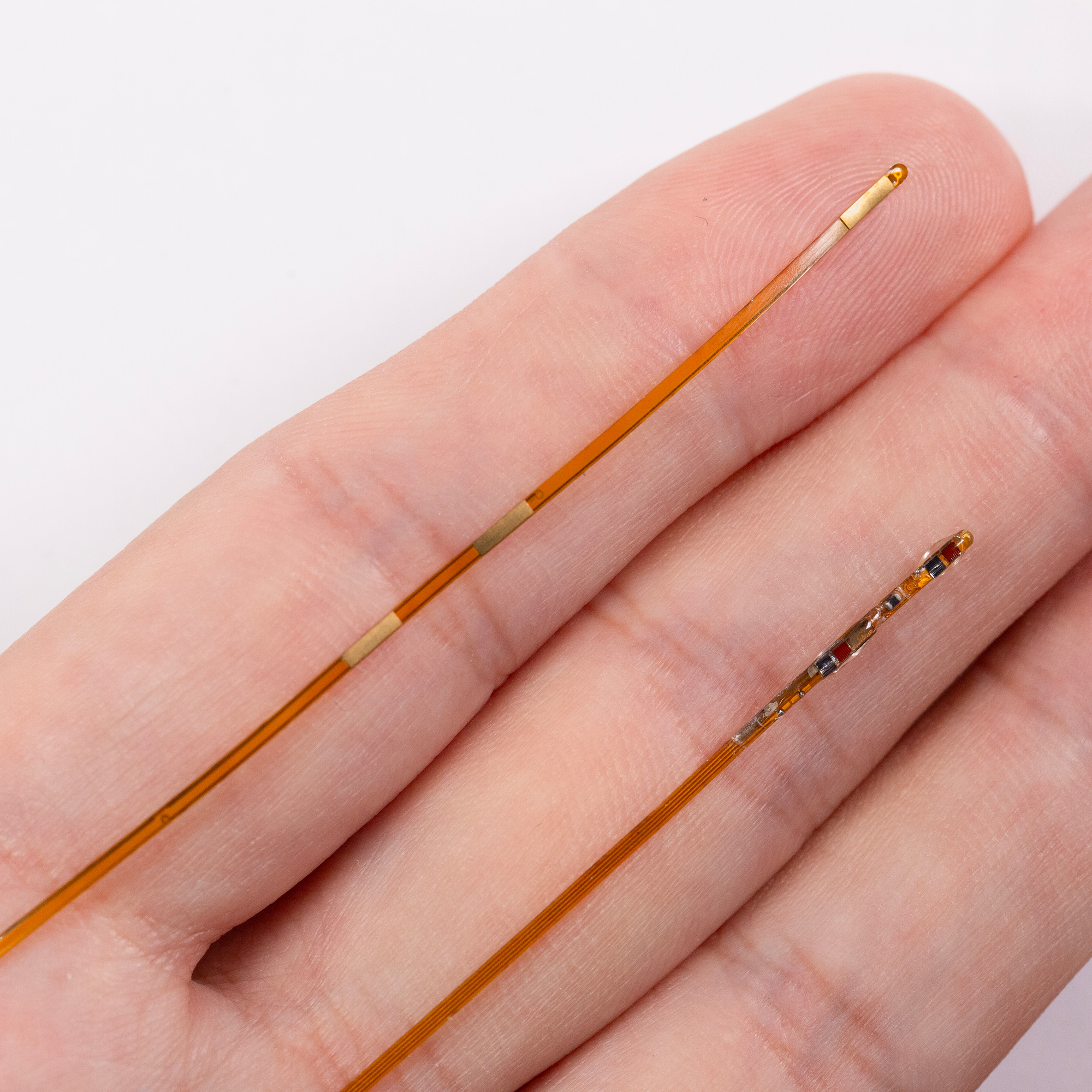Media Coverage
The work done by Northwestern University Feinberg School of Medicine faculty members (and even some students) is regularly highlighted in newspapers, online media outlets and more. Below you’ll find links to articles and videos of Feinberg in the news.
-
The Wall Street Journal
–
Heart Attack at 49—America’s Biggest Killer Makes a Deadly Comeback
He calculated the median BMI of patients in the unit one day recently. Obesity is defined as a BMI of 30 or above. The unit’s median was 34, he said. Several patients had BMIs over 40. “I think obesity is the new smoking in terms of contribution to heart disease,” said Sadiya Khan, a cardiologist and assistant professor of medicine at Northwestern University Feinberg School of Medicine. “We’ve made such great progress in coming up with smoking-cessation programs. For physical activity, healthy diet and weight loss we haven’t found the right approach.”
-
Reuters
–
Eleven U.S. cancer centers get to charge more for care
Since the early 80s, the 11 centers have been exempt from the “Prospective Payment System,” meaning they are allowed to charge much higher rates for Medicare and Medicaid patients compared to similar centers without being forced to justify that price difference, according to the report in JAMA Internal Medicine. “There does not seem to be a lot of difference between those centers and other high-end National Cancer Institute Cancer Centers,” said study coauthor Dr. Karl Bilimoria, director of the surgical outcomes and quality improvement center at Northwestern Medicine. “We think the system should be critically appraised and reevaluated from time to time and public reporting requirements should be the same across all hospitals.”
-
The New York Times
–
The Damage of Dad-Shaming
The report made Dr. Craig Garfield recall a moment when he was a resident, pushing his 1-year-old in a stroller, with the child in his customary preferred position, his leg bent back. One of his professors — an expert who had recently lectured the residents on child abuse — came up to him and said: “Look, your child is uncomfortable in the stroller. Straighten his leg out.”
-
U.S. News & World Report
–
A Patient’s Guide to Norovirus
People who suffer from norovirus-related dehydration can try commercially available rehydration solutions like Pedialyte, Gatorade, Powerade and WHO rehydration packets, says Dr. Tina Q. Tan, medical director, International Patient Services Program at the Ann & Robert H. Lurie Children’s Hospital of Chicago. She’s also an infectious diseases physician and a professor of pediatrics at the Northwestern University Feinberg School of Medicine. In severe cases of dehydration, some people may need medical care, including hospitalization.
-
U.S. News & World Report
–
How to Survive Ragweed Allergy Season
“For nasal steroids to have maximum effect, you should start taking them two weeks before the start of ragweed season,” says Dr. Baiju Malde, an allergist at Northwestern Memorial Hospital in Chicago. Flonase (fluticasone), Sensimist (fluticasone), Nasacort (triamcinolone), Nasonex (mometasone) and Rhinocort (budesonide) are some of the widely used over-the-counter steroids. OTC oral antihistamines like Claritin (loratadine), Zyrtec (cetirizine), Allegra (fexofenadine) and Xyzal (levocetirizine) can also be used to treat allergies. If you suffer from itchy eyes during ragweed season, ask your health care provider for a prescription for allergy eye drops, or try the version that’s available OTC: Zaditor, or ketotifen.
-
WTTW
–
Inside Northwestern’s Massive New Biomedical Research Facility
[VIDEO] It’s been years in the making – and not all of it was smooth sailing. But Northwestern University is officially opening its massive $560 million, state of the art research center next week – and “Chicago Tonight” got a sneak peek.
-
TODAY
–
DADS ‘I was a total wreck’: Dads experience postpartum depression and it’s no joke
Gabriel’s experience with postpartum depression and anxiety is more common than people think. About 10 percent of dads experience postpartum depression. “The estimate is higher than depression in the normal population,” said Sheehan D. Fisher, an assistant professor in the psychiatry and behavior sciences department at Northwestern University’s Feinberg School of Medicine. “A father’s depression has a direct link to the child. It definitely impacts the whole family’s health.”
-
The New York Times
–
That Sleep Tracker Could Make Your Insomnia Worse
Fiddling with your phone in bed, after all, is bad sleep hygiene. And for some, worrying about sleep goals can make bedtime anxiety even worse. There’s a name for an unhealthy obsession with achieving perfect sleep: orthosomnia. It was coined by researchers from Rush University Medical School and Northwestern University’s Feinberg School of Medicine in a 2017 case study published in the Journal of Clinical Sleep Medicine. Dr. Kelly Baron, one of the paper’s authors and the director of the University of Utah’s behavioral sleep medicine program, said that sleep trackers can be helpful in identifying patterns.
-
Crain’s Chicago Business
–
See Northwestern’s big new biomedical research building
“Inside this modern new building, scientists will pioneer discoveries that will impact the practice of medicine and transform human health,” Dr. Eric G. Neilson, vice president for medical affairs and Feinberg’s dean, said in a statement. “Here, we will accelerate the pace of lifesaving medical science that fuels the local and national economy, near world-class campus partners and in a global city with unrivaled opportunities for biomedical commercialization and entrepreneurship.”
-
Chicago Tribune
–
Slow down the calorie counting: Personalized diets could be the future of healthy eating, study suggests
Northwestern medical professor Dr. Robert Kushner, whose clinical focus is nutrition and weight management, asks that individuals continue to follow the most recent governmental dietary guidelines for now. The idea that individual responses to a diet vary is an old one, he said, though Spector’s study pushes it further. He gave the example of reducing salt for hypertension; though not everyone will benefit, the guidelines are “recommendations for populations.”






